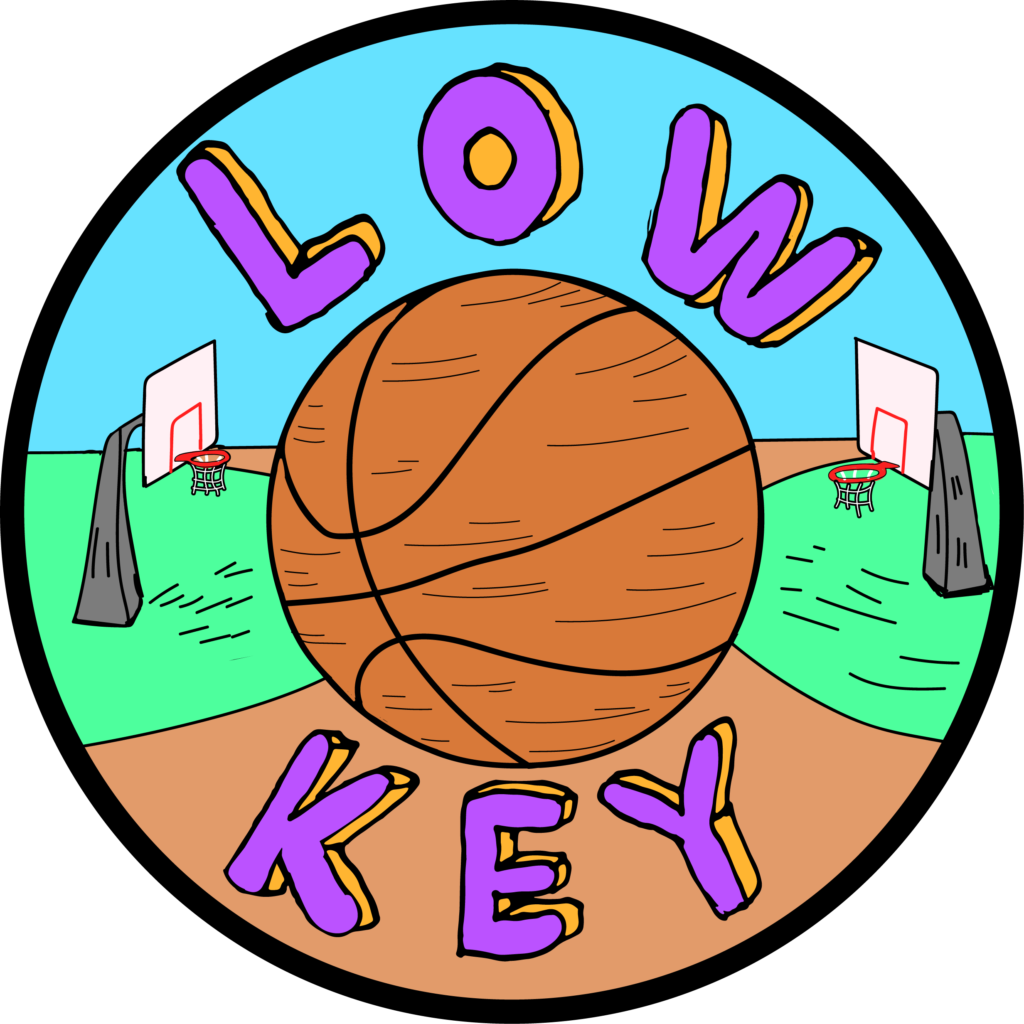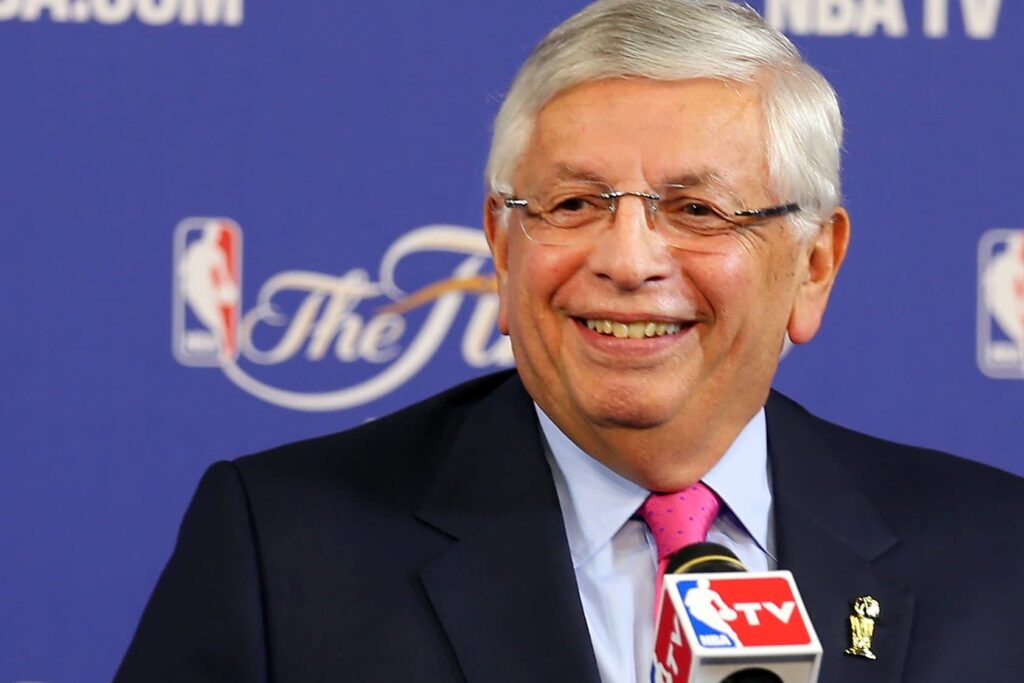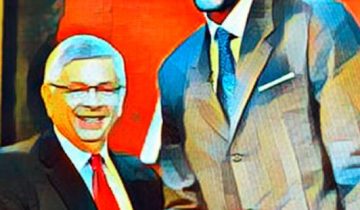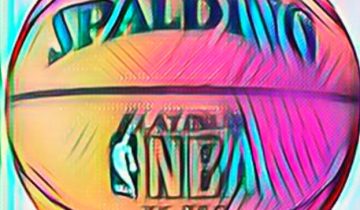David Joel Stern is an American lawyer and businessman who became the National Basketball Association’s 4th commissioner back in 1984, succeeding Larry O’Brien. He started climbing up the association’s ranks in 1996, where he served as an outside counselor. He became part of the General Counsel in 1978 and became Executive Vice president in six years’ time. Stern is highly credited with the NBA’s rise in popularity back in the 1990s to the early 2000s.
On the 25th of October, 2012, Stern publicly announced his resignation as commissioner on the 1st of February, 2014. This was exactly 30 years after he began his tenure as NBA commissioner, leading him to become the longest-serving commissioner in NBA history. Adam Silver, his deputy, was appointed as his successor.
For his contributions to basketball, Stern was rewarded the Olympic Order back in 2012. In 2014, he became a member of the Naismith Memorial Basketball Hall of Fame. And in 2016 he was included as a member in the FIBA Hall of Fame.
Apart from his career in basketball, Stern also served as a member of the Board of Overseers in Rutgers University and is currently a Chair Emeritus for Columbia University’s Board of Trustees. He is also included in the Council of Foreign Relations.
Background of David Stern’s Life Growing Up
Born on the 22nd of September, 1942, New York City, David Stern became part of a Jewish family. He lived in Teaneck, New Jersey for most of his early life, and graduated from Teaneck Highschool. He enrolled Rutgers University and entered the Sigma Delta chapter of the Sigma Alpha Mu Fraternity back in 1960. He graduated back in 1963 with a degree in history, and studied law in Columbia Law School, graduating in 1966. He passed the bar exam in the same year and became a full-fledged lawyer.
Stern’s NBA Career
Stern became affiliated with the association in 1996, when he became a part of the Proskauer, Rose, Goetz & Mendelsohn, LLP, being the law firm representing the NBA. He lead the Robertson vs. NBA case brought upon by Oscar Robertson, a star player at that time. A settlement was drafted with the help of Stern, allowing the initiation of the NBA/ABA merger in exchange for the abolishment of the “option” clause of the NBA in its player contract, where players can become free agents.
Stern left his law firm for the opportunity of becoming General Counsel for the NBA in 1978. In two years, he became Executive Vice President. Two key decisions were established after this time- the player salary cap and drug testing. The salary cap became a new system where the player and team owner became partners. The drug testing was done to quash the public’s perception of basketball players habitually using illegal substances, with the NBA acknowledging that there was a problem, and is employing new measures to combat it.
In Stern’s time as the NBA Commissioner, four great players entered the playing field- Michael Jordan, Charles Barkley, John Stockton, and Michael Jordan. This brought about a golden age for the NBA in terms of commercial success. Nike contracts were signed, further promoting the league on a national level. By the early 2000s, Stern lead the expansion of the NBA from 10 franchises to 30, expanding internationally and televising the games all over the world.
The founding of the WNBA was also overseen by Stern, one of the few professional basketball leagues for women. Stern was credited for broadening the general audience of the NBA through training camps, foreign recruitment, and international exhibition games.
Today, the NBA has established 11 offices outside US territory, with their matches televised in over 200 hundred countries and translated in 43 different languages.
Controversies Involving David Stern
The NBA has witnessed numerous controversies under Stern’s belt, especially in his later years:
- Back in 1985, a system called the NBA Draft Lottery was used to decide which of the seven worst teams in terms of win records get to have the first pick of players. The order was decided through a lottery-type draw where the commissioner took an envelope representing the seven teams. There as one instance when this lottery was speculated as fixed when Stern picked up a clearly bent enveloped (for the New York Knicks), and many began to assume that it was deliberately done to send the top player to New York just to increase the television ratings.
- In the NBA playoffs for 1997, five players were suspended because of a dispute between Miami Heat and New York Knicks. The series’ outcome was greatly affected.
- The Minnesota Timberwolves promised Joe Smith a better contract in the future, but they were allowed to sign him with an undervalued price. The NBA then proceeded to void Smith’s contract, and the Minnesota Timberwolves were fined $3,500,000 while taking away their 1st NBA draft picks three times.
- A dress code was implemented for NBA players, banning them from wearing clothing pieces like chains, shorts, headphones, and sunglasses. This was seen as some players as a direct target against them.
- A new type of basketball was introduced in 2006, with many players complaining about the quality. The leather ball was only switched back in 2007.
- Stern’s active support for the relocation and purchasing of Seattle Supersonics was negatively viewed by many.
- Stern’s controversial “I know where the bodies are buried” statement during the drafting of the 2011-2012 seasons’ bargaining agreement, which sparked a player lockout that lasted for almost half a year.
- On the 28th of December, 2011, A three-team trade was vetoed by Stern. This trade would have resulted in Lamar Odom sent to the Hornets, Pau Gasol for the Rocket, and Chris Paul for the Lakers. This abrupt decision was negatively received by the league, media, and the fans, with the reason of the vetoing not clarified.
- Stern made some disagreeable statements when he was interviewed by Jim Rome back in 2012. When Rome brought up Stern’s alleged involvement in the fixed NBA Draft Lottery, Stern denied the claim. And he retorted back by asking Rome if he “stopped beating his wife” and further accusing him of “building his career through cheap thrills.”
- On the 29th of November, 2012, fined the San Antonio Spurs a total of $250,000 for the decision of sitting out four players during a game that’s nationally televised. Many criticized Stern as someone only caring about appearances, without acknowledging the realities.
Featured David Stern Image posted from free website: https://commons.wikimedia.org/wiki/File:David_Stern.jpg





